The Ethnographic Open-Air Museum of Latvia
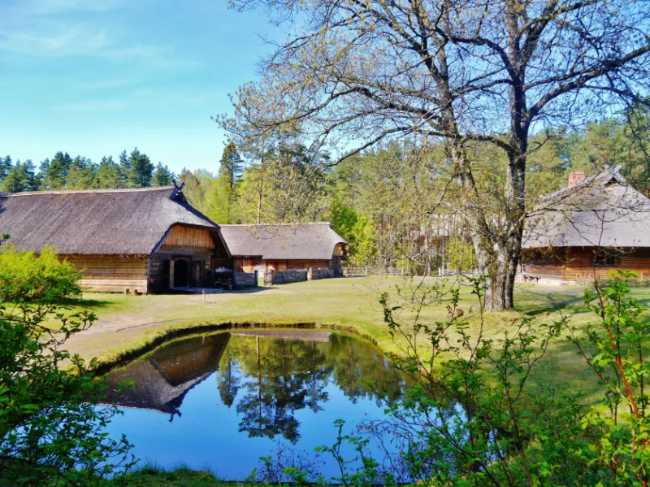
Set on the forested shores of Lake Jugla, the Ethnographic Open-Air Museum of Latvia offers a vivid glimpse into the country’s rural past. Founded in 1924, it is one of Europe’s oldest open-air museums, showcasing over 100 historic buildings relocated from Latvia’s four cultural regions—Kurzeme, Vidzeme, Zemgale, and Latgale. Visitors can explore traditional farmsteads, windmills, churches, and artisan workshops, each reflecting the architecture, customs, and daily life of their original communities. The museum’s immersive setting invites guests to experience seasonal festivals, folk traditions, and live craft demonstrations, from weaving to blacksmithing. With its tranquil lakeside location and authentic village atmosphere, the museum preserves Latvia’s heritage in a way that feels both timeless and alive. It’s a place where history is not just observed, but felt—through the textures of wood, the rhythm of old songs, and the stories embedded in every structure.
Riga LatviaThe Ethnographic Open-Air Museum of Latvia is located at 21 Brīvdabas Street, Riga, LV-1024, nestled in a scenic pine forest on the banks of Lake Jugla about 13 kilometers northeast of Riga’s Old Town. Established in 1924, it is one of Europe’s oldest and largest open-air museums, spanning over 87 hectares and showcasing 118 authentic historical buildings from all regions of Latvia. Visitors can explore traditional farmsteads, craftsmen’s workshops, historical churches, and see local artisans demonstrating pottery, basket weaving, and other crafts. Alongside its immersive exhibitions, the site offers a peaceful natural backdrop perfect for leisurely walks, picnics, and family outings. Nearby attractions include the tranquil lakeshore with opportunities for outdoor activities such as boating and fishing, and the picturesque Mežaparks district, known for forest trails and Riga Zoo. Easily accessible by public transport, the museum provides an ideal escape from the city while offering deep insight into Latvia’s rural heritage.
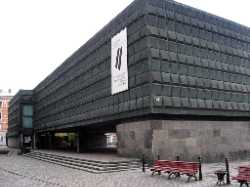 Museum of the Occupation of Latvia
Riga
Museum of the Occupation of Latvia
Riga
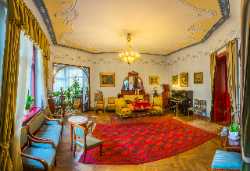 Art Nouveau Museum
Riga
Art Nouveau Museum
Riga
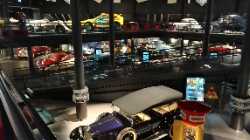 Riga Motor Museum
Riga
Riga Motor Museum
Riga
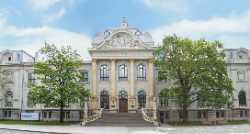 Latvian National Museum of Art
Riga
Latvian National Museum of Art
Riga
 Latvian National Opera and Ballet
Riga
Latvian National Opera and Ballet
Riga
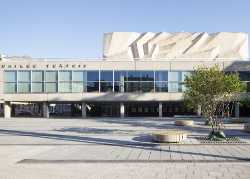 Daile Theatre
Riga
Daile Theatre
Riga
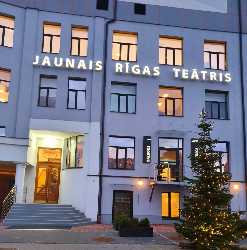 New Riga Theatre
Riga
New Riga Theatre
Riga
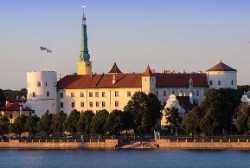 Riga Castle
Riga
Riga Castle
Riga
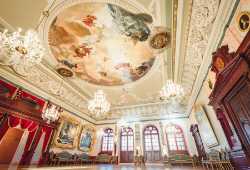 House of the Blackheads
Riga
House of the Blackheads
Riga
 Bastejkalns Park
Riga
Bastejkalns Park
Riga
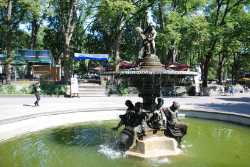 Vērmanes Garden
Riga
Vērmanes Garden
Riga
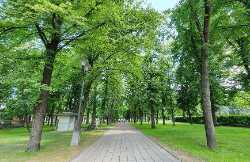 Esplanade Park
Riga
Esplanade Park
Riga
 Botanical Garden of the University of Latvia
Riga
Botanical Garden of the University of Latvia
Riga
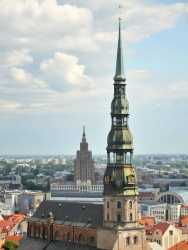 St. Peter's Church Tower
Riga
St. Peter's Church Tower
Riga
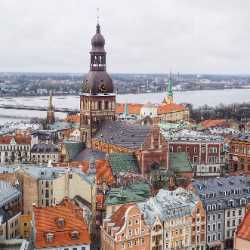 Riga Cathedral Tower
Riga
Riga Cathedral Tower
Riga
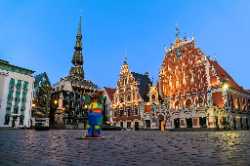 Rātslaukums
Riga
Rātslaukums
Riga
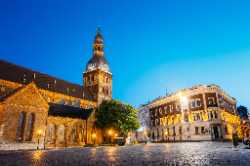 Dome Square
Riga
Dome Square
Riga
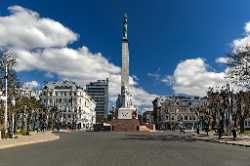 Freedom Monument Square
Riga
Freedom Monument Square
Riga
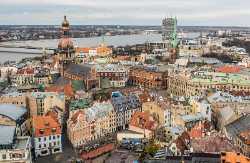 Riga Old Town
Riga
Riga Old Town
Riga
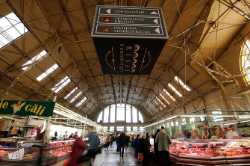 Rīgas Centrāltirgus
Riga
Rīgas Centrāltirgus
Riga
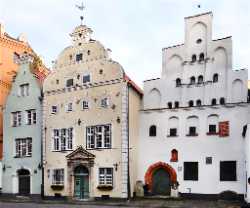 Three Brothers
Riga
Three Brothers
Riga
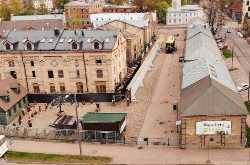 Riga Ghetto and Latvian Holocaust Museum
Riga
Riga Ghetto and Latvian Holocaust Museum
Riga
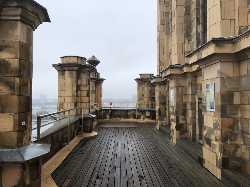 Latvian Academy of Sciences Observation Deck
Riga
Latvian Academy of Sciences Observation Deck
Riga
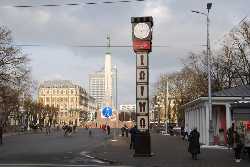 Laima Clock
Riga
Laima Clock
Riga
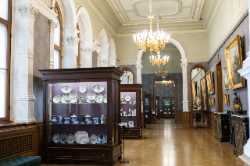 Art Museum Riga Bourse
Riga
Art Museum Riga Bourse
Riga
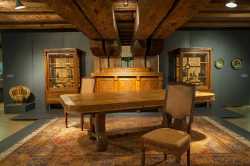 Museum of Decorative Arts and Design
Riga
Museum of Decorative Arts and Design
Riga
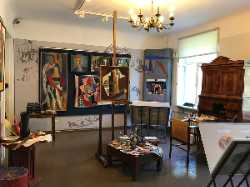 Romans Suta and Aleksandra Beļcova Museum
Riga
Romans Suta and Aleksandra Beļcova Museum
Riga
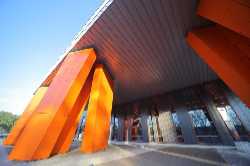 Museum Storage Facility and Forest of Sculptures
Riga
Museum Storage Facility and Forest of Sculptures
Riga
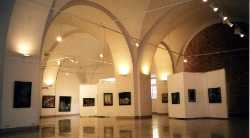 Art Museum Arsenāls
Riga
Art Museum Arsenāls
Riga
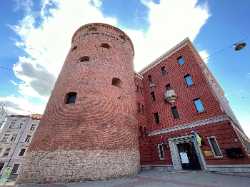 Latvian War Museum
Riga
Latvian War Museum
Riga
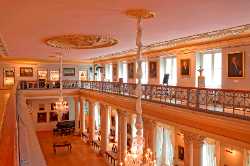 Museum of the History of Riga and Navigation
Riga
Museum of the History of Riga and Navigation
Riga
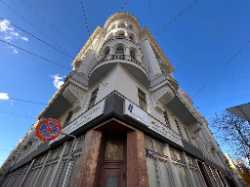 The Corner House
Riga
The Corner House
Riga
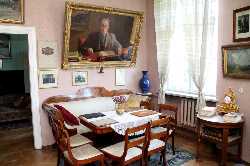 Andrejs Upīts’ Memorial Museum
Riga
Andrejs Upīts’ Memorial Museum
Riga
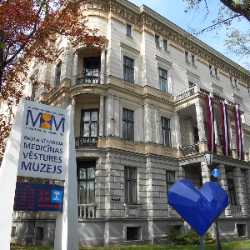 Pauls Stradiņš Museum of the History of Medicine
Riga
Pauls Stradiņš Museum of the History of Medicine
Riga
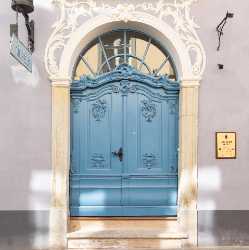 Latvian Museum of Pharmacy
Riga
Latvian Museum of Pharmacy
Riga
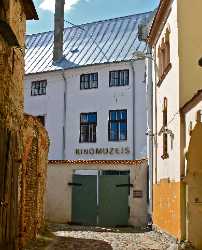 Latvian Film Museum
Riga
Latvian Film Museum
Riga
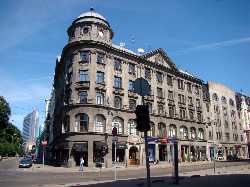 Krišjānis Barons Memorial Museum
Riga
Krišjānis Barons Memorial Museum
Riga
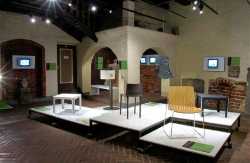 Latvian Museum of Architecture
Riga
Latvian Museum of Architecture
Riga
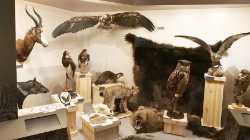 Latvian Museum of Natural History
Riga
Latvian Museum of Natural History
Riga
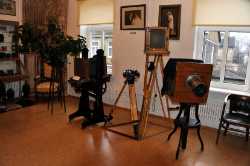 Latvian Museum of Photography
Riga
Latvian Museum of Photography
Riga
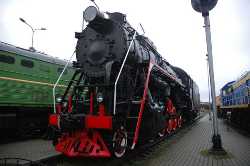 Latvian Railway History Museum
Riga
Latvian Railway History Museum
Riga
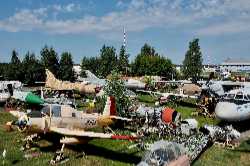 Riga Aviation Museum
Riga
Riga Aviation Museum
Riga
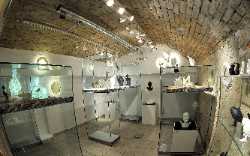 Riga Porcelain Museum
Riga
Riga Porcelain Museum
Riga
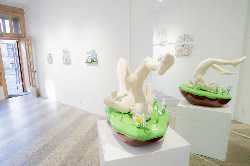 LOOK! Art Gallery
Riga
LOOK! Art Gallery
Riga
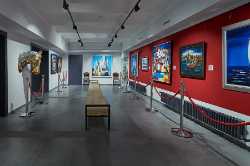 Art Platz
Riga
Art Platz
Riga
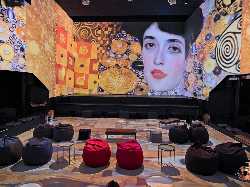 Digital Art House
Riga
Digital Art House
Riga
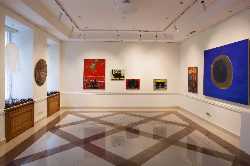 MuseumLV Gallery
Riga
MuseumLV Gallery
Riga
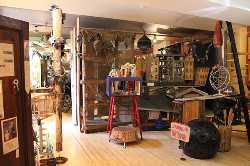 Planetarium at Science Centre Tehnoannas pagrabi
Riga
Planetarium at Science Centre Tehnoannas pagrabi
Riga